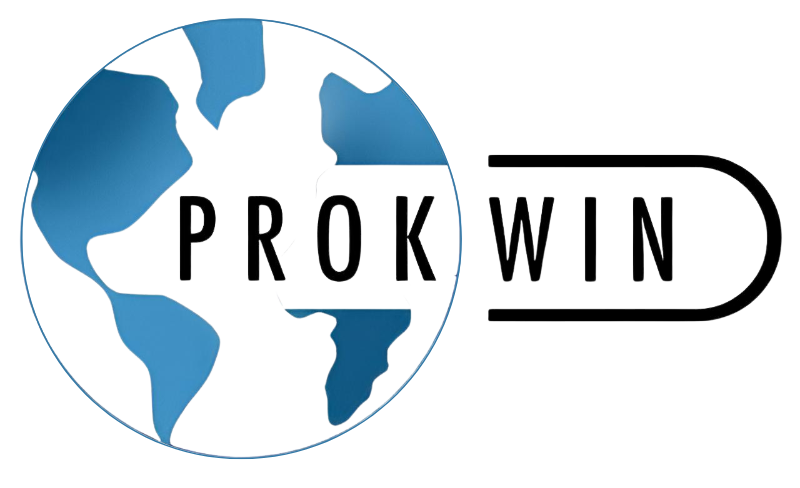Contract management, while often seen as a tedious task, can be enjoyable when done efficiently. However, a common challenge is the lack of standardized templates, especially in industries with diverse legal requirements. Legal departments are frequently overwhelmed with client contracts, and procurement teams often prioritize urgent matters.
This can lead to significant issues with supplier contracts. A well-organized library of pre-approved templates for key contract categories could prevent many problems. Let’s explore the essential elements of procurement and supplier contracts.
Contract management in procurement is the systematic process of creating, negotiating, executing, and monitoring contracts to ensure they align with organizational objectives and mitigate risks. It plays a pivotal role in optimizing procurement activities, safeguarding organizational interests, and fostering strong relationships with suppliers.
The Basics of Contract Management
- Contract Planning:
- Identify contract needs based on organizational requirements and procurement goals.
- Determine contract type (e.g., fixed-price, cost-plus, time and materials).
- Define key terms, conditions, and performance expectations.
- Contract Creation:
- Draft contract documents using templates or specialized software.
- Incorporate essential clauses (e.g., scope of work, payment terms, dispute resolution).
- Obtain necessary approvals from relevant stakeholders.
- Contract Negotiation:
- Discuss and negotiate contract terms with suppliers.
- Seek to achieve a balance between organizational needs and supplier interests.
- Address potential risks and contingencies.
- Contract Execution:
- Sign the finalized contract.
- Distribute copies to relevant parties.
- Ensure compliance with legal and regulatory requirements.
- Contract Performance Management:
- Monitor contract performance against agreed-upon terms.
- Track key performance indicators (KPIs).
- Address any deviations or issues promptly.
- Contract Amendments and Renewals:
- Manage contract changes and modifications as needed.
- Evaluate contract performance and determine renewal or termination.
Must-Have Clauses in Procurement Contracts
- Scope of Work: Clearly define the goods or services to be provided.
- Payment Terms: Specify payment schedules, methods, and invoicing requirements.
- Delivery Terms: Outline delivery timelines, locations, and acceptance criteria.
- Confidentiality: Protect sensitive information shared between parties.
- Intellectual Property: Address ownership and usage rights of intellectual property.
- Termination Clauses: Define conditions for early termination and remedies.
- Dispute Resolution: Establish mechanisms for resolving disagreements.
- Force Majeure: Address events beyond the control of either party.
- Governing Law: Specify the applicable legal jurisdiction.
Common Gaps in Contract Management
- Lack of Standardization: Inconsistent contract templates and processes.
- Inefficient Communication: Poor communication between procurement, legal, and other stakeholders.
- Limited Visibility: Difficulty tracking contract performance and compliance.
- Manual Processes: Reliance on manual tasks, leading to errors and delays.
- Risk Assessment Deficiencies: Inadequate identification and mitigation of risks.
Improving Contract Management
- Implement Contract Management Software: Leverage technology to streamline processes and improve efficiency.
- Foster Collaboration: Encourage collaboration among relevant teams to enhance communication and decision-making.
- Conduct Regular Contract Reviews: Periodically assess contract performance and identify areas for improvement.
- Train Staff: Provide training on contract management best practices and legal requirements.
- Establish a Centralized Repository: Maintain a centralized repository for all contract documents.
- Utilize Contract Analytics: Use data analytics to identify trends, risks, and opportunities.
Key Performance Indicators (KPIs) for Contract Management
- Contract Compliance Rate: The percentage of contracts that are executed and performed according to agreed-upon terms.
- Contract Completion Time: The average time it takes to complete contracts from initiation to execution.
- Contract Amendment Rate: The number of amendments made to contracts compared to the total number of contracts.
- Supplier Performance Rating: An assessment of suppliers’ performance based on factors like quality, delivery, and pricing.
- Cost Savings Achieved: The total cost savings realized through effective contract negotiation and management.
- Dispute Resolution Time: The average time it takes to resolve contract disputes.
Effective contract management is essential for organizations to optimize procurement activities, mitigate risks, and achieve their strategic objectives. By following the key steps outlined in this guide, including contract planning, creation, negotiation, execution, performance management, and amendments, organizations can ensure that their contracts are aligned with their goals and protect their interests.
Remember that contract management is an ongoing process that requires continuous attention and improvement. By staying informed about industry trends, leveraging technology, and fostering collaboration among stakeholders, organizations can maximize the value of their contracts and build strong relationships with suppliers.

No responses yet